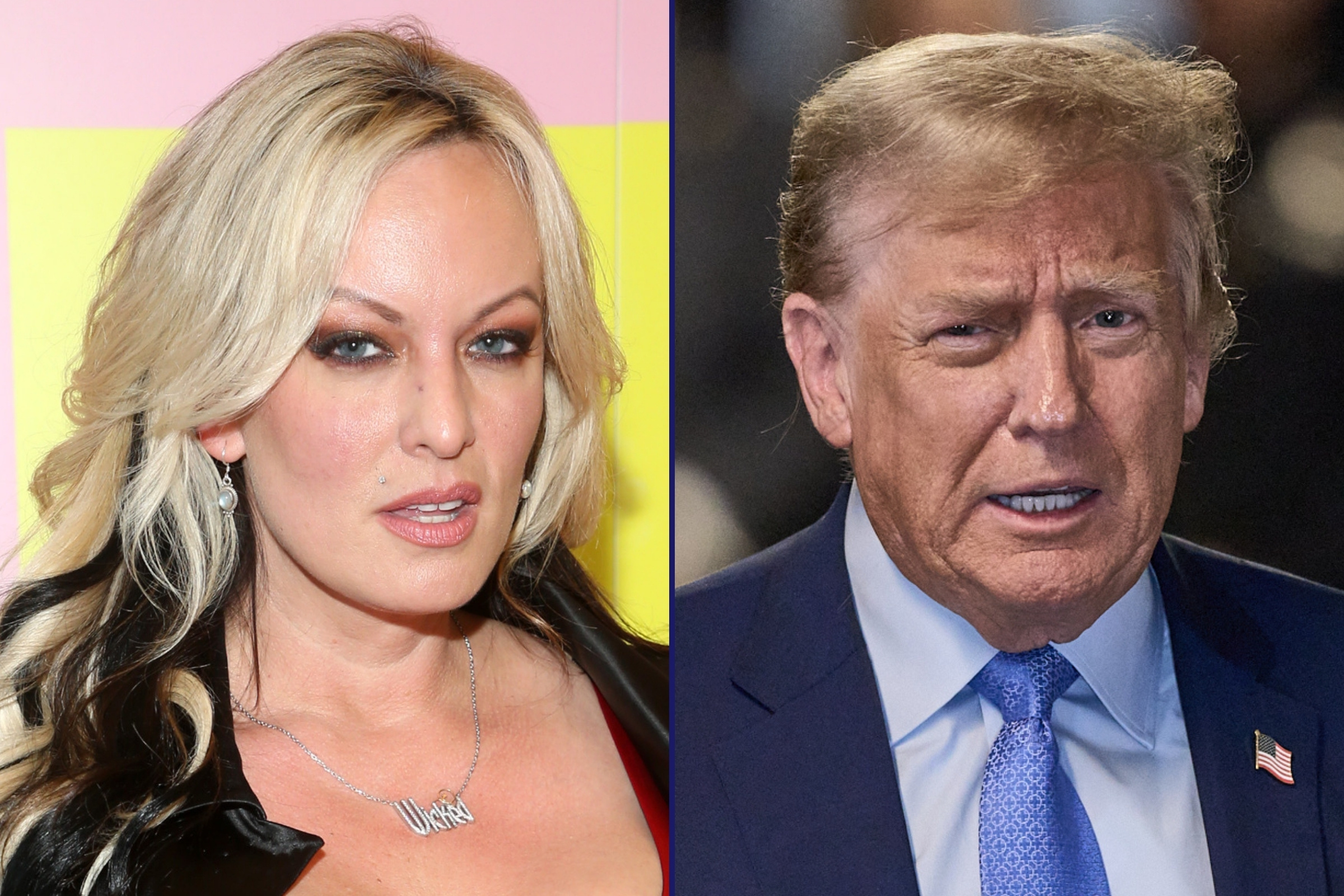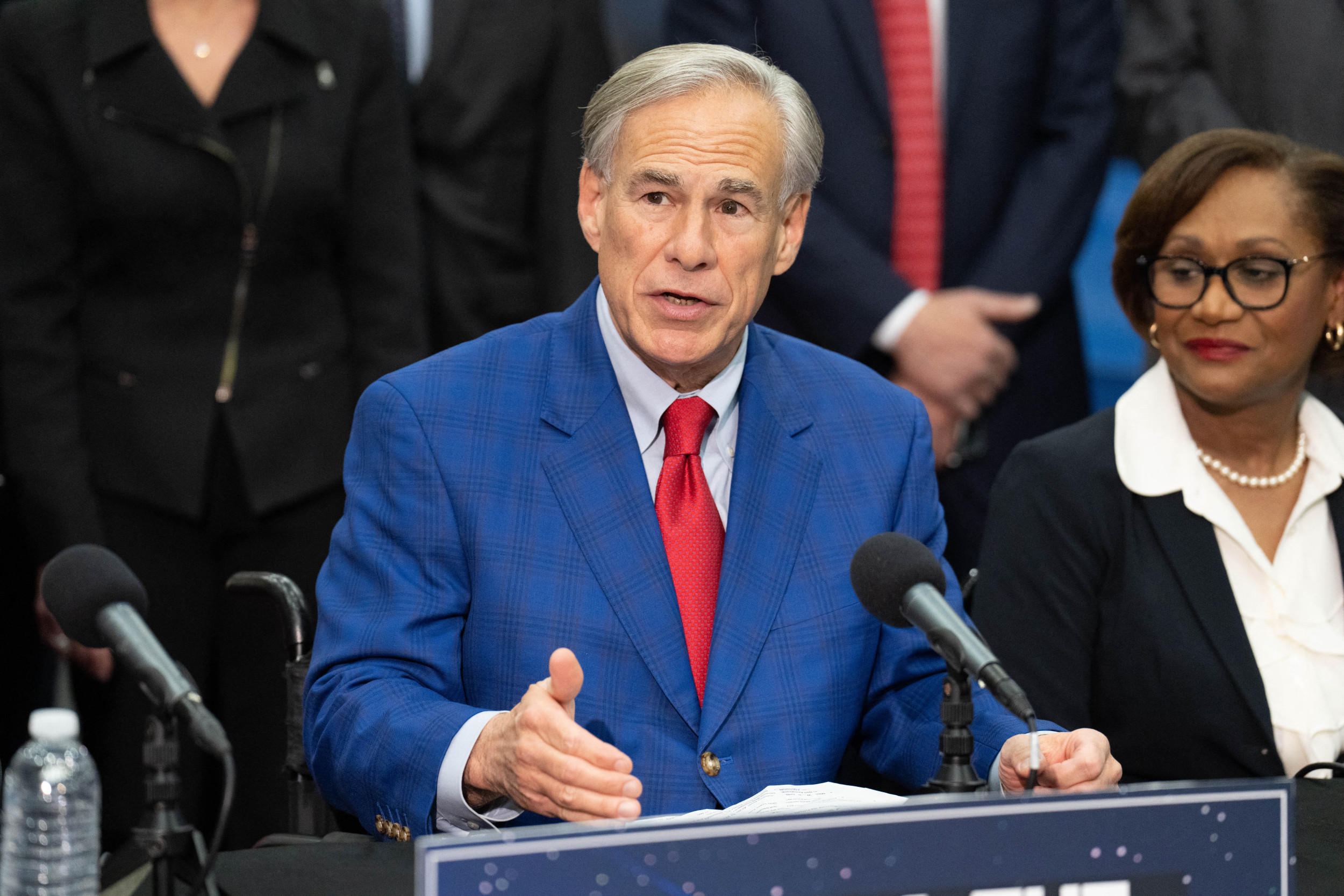
For those keeping score at home, as of Thursday morning there were 10 women—five beauty pageant contestants, four random females (one each from a plane, a party, a business meeting and an elevator) and one journalist—who have gone on record saying Donald Trump jumped, fondled, kissed or otherwise invaded them in exactly the manner he described on a 2005 tape that surfaced last week and during a radio interview years ago. Two women even have male corroboration, something that is a requirement when women testify in Saudi Arabian courts, and that will certainly be a plus if Trump ever carries out his threat to sue all of them.
It might well turn out to be the case that—more than Bill Cosby, more than Roger Ailes and, incredibly, more even than the candidacy of Hillary Clinton herself—Donald Trump will become the foundation for a Broad Coalition of women who will not only elect a first woman president but also change the way women's stories are treated in the media and in life.
For a man who came of age in the Mad Men 1960s, when even radical leftists were known to say things like "the only position for women in the movement is prone," losing the presidency of the United States to a woman even in part for doing what he and so many men believe red-blooded males just do will be a bitter pill, for sure. He must be seething at the unfairness of it.
Sadly, in 2016, it's still easy to understand why Trump—impresario and entertainer, master of reality TV, creature of the most sexist swamps of America's cultural landscape—might feel women are on Earth just to be grabbed and groped. No doubt he's heard all those rappers celebrating the fuckability of jet-loads of bitches and hoes, and he must be at least dimly aware that women produce only the most minuscule percentage of movies and television shows, and that laughably few female characters even speak in most movies. He knows women don't really have a voice. And those who are pretty are just "magnets" to his mouth.
Every woman in America who has ever stepped foot outside her house has been, at one time or another and against her will, grabbed, poked, rubbed against, kissed, sexually harassed or, in some cases, much, much worse. These experiences start young.
Like "the talk" that fathers must give their black sons, mothers give their girls dire warnings from the day they can understand speech.
These experiences mold us into who we are. The strategies we employ to deal with them are different—from open resistance to humor to abject submission and everything in between. Our very movements, and our life choices, are shaped and restricted by such acts and how we respond to them.
The saddest part of this unfolding saga is that once again, we see that unless women come out in huge numbers (see: Cosby, Ailes), they are liable not to be believed. Even as I write, my former colleague Natasha Stoynoff, a respected, seasoned journalist who Wednesday night penned a powerful little piece on a Trump assault experience, is being vilified as a politically motivated liar.
Right wing radio host (and Trump supporter) Bill Mitchell's response to the reports was typical. On Wednesday night he tweeted: "If a billionaire groped me, I'd be looking to go public and get paid the next day." He then proceeded to call the women liars and remind them of the biblical commandment against bearing false witness.
As a journalist and a woman, I am sorry for not having dug into this a long time ago. Trump's years-ago brags to the odious Howard Stern were well known. He also interacted with thousands of pageant contestants over the years, and some have been talking since early this year. But besides The New York Times in May, few of us looked into it. After a few days of Trump grousing about unfairness and denying of the Times story, no one paid much interest.
As he rose in the polls and became the GOP's last standing candidate, we chose to focus on his taxes and his sleazy financial deals—man stuff, basically—subjects that should, in a right world, have brought him low. But his poll numbers continued to inch up and up and up. Thankfully, there is now enough brilliant, dogged investigative journalism, especially from our own Kurt Eichenwald, on his shady dealings to keep white collar crime prosecutors like New York Attorney General Eric Schneiderman busy for years.
Until last Friday, we all assumed that Trump's actual attitudes toward and his treatment of women were of secondary importance. This says a lot about women's position in American society, and it is one of the many depressing aspects of the ugly spectacle that is election 2016.
For many women, myself included, watching the last debate was a visceral, nauseating experience. Every woman recognized the resigned and wary look Hillary Clinton wore on her face by the end, as Trump loomed and boomed in her space. He had steeled himself up to dominate her physically, and he did. No amount of wit or smarts can help a woman when a man decides to aggress like that, and the result was on full display Sunday night.
But something else was happening—off the debate stage, in cyberspace. On Friday, writer Kelly Oxford shared the story of the first time she was sexually assaulted. She was 12, and a man on a city bus grabbed her genitals and smiled. "Women: tweet me your first assaults," Oxford said. "They aren't just stats." Within three days, 8 million women had responded.
Eight million women. That's when it gets difficult to call them liars.
For many women, this election is emotional precisely because of what it has come down to being really about: Not getting the first woman into the White House but—one hopes—dealing with the last sexually harassing, woman-groping, sex-addicted (or whatever he is), unreconstructed misogynist presidential candidate. On Wednesday night, political writer and pundit Ana Marie Cox burst into tears on MSNBC, talking about the eruption of such stories from women.
"I mean, I don't know where to begin," she said. "You brought me back, quite honestly. I mean, I, I have to say, I'm very concerned for a lot of women out there, because I was brought back by that statement to something that happened to me when I was a young woman. I would be so shocked if the other two women that you're speaking to haven't had something similar happen to them. Something like that happened to me when I was young and I couldn't do anything about it. That is what happens to women."
Here's the list of women who have come forward:
Palm Beach photographer Mindy McGillivray, 36, said she was groped by Trump at Mar-a-Lago 13 years ago. She said she never reported it to authorities, but photographer Ken Davidoff, who was with her, recalled that McGillivray pulled him aside moments after the alleged incident and told him, ''Donald just grabbed my ass!''
Former Miss Washington Cassandra Seamless says she was groped by Trump at the 2013 Miss USA pageant, which Trump owned at the time. She went public about it in June, and was barely noticed.
Jill Harth, a pageant producer, alleged he repeatedly groped her in the 1990s.
Temple Taggart McDowell, who represented Utah as a 21-year-old in the 1997 Miss USA pageant in Shreveport, Louisiana, said Trump kissed her on the lips on first meeting her.
Five Miss Teen USA contestants have described Trump walking into their dressing rooms while they were changing.
Former saleswoman Jessica Leeds says Trump groped her "like an octopus" on a plane 30 years ago.
Former receptionist Rachel Crook says Trump grasped her hand and kissed her on the mouth in an elevator in his Trump Tower in 2005.
Former People writer Natasha Stoynoff says Trump shoved her up against a wall and stuck his tongue down her throat during an interview she was conducting at Mar-a-Lago in 2005.
The Trump camp has denied all the claims, and threatened to sue The New York Times for the Leeds and Crooks story. It has not denied that he walked into pageant dressing rooms—an activity that Trump boasted about publicly with Howard Stern.
Uncommon Knowledge
Newsweek is committed to challenging conventional wisdom and finding connections in the search for common ground.
Newsweek is committed to challenging conventional wisdom and finding connections in the search for common ground.
About the writer
Nina Burleigh is Newsweek's National Politics Correspondent. She is an award-winning journalist and the author of six books. Her last ... Read more
To read how Newsweek uses AI as a newsroom tool, Click here.








